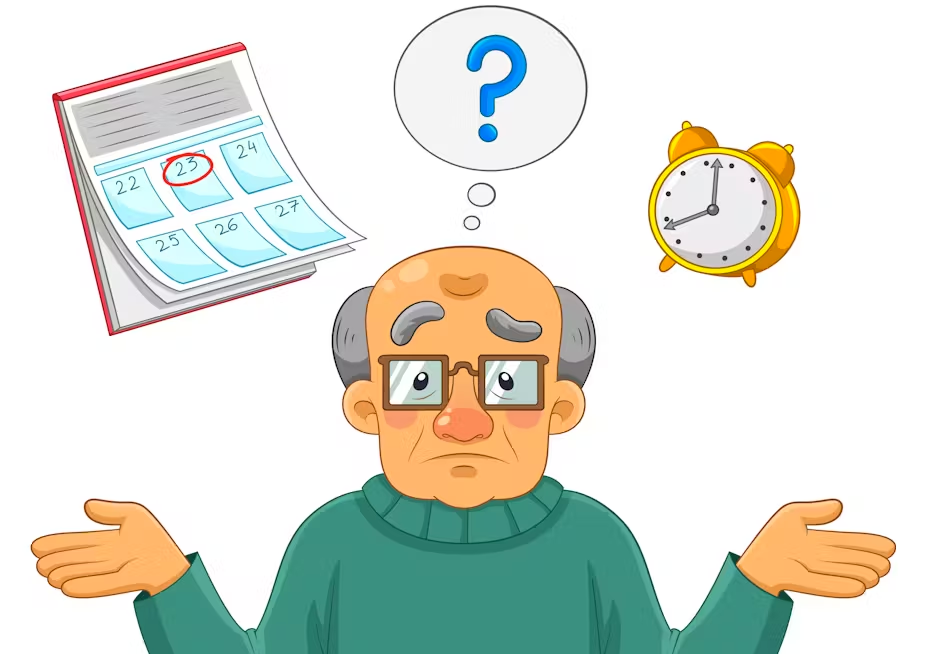What is Alzheimer's disease?
- Munachiso Ezeasor

- Aug 15, 2024
- 1 min read
Alzheimer's disease is a degenerative brain disease characterized by gradual loss of memory, intelligence, and personality changes. It is characterized by alterations in the brain that result in the accumulation of specific proteins [1]. It leads to brain shrinkage and the eventual death of brain cells [1]. It eventually leads to the inability to care for oneself. It is prevalent in 10% of the population over 65 years old and 50% of the population between 75- 85 years old.
Symptoms start subtly and gradually, characterized by mild memory problems, subtle personality changes, and a lack of awareness of changes. The symptoms progress to the middle stage, characterized by the need for help with daily tasks (e.g. choosing clothes to wear), limited verbal response, worsened memory (e.g. forgetting address and names of close family members), increased mistakes in everyday tasks (e.g., driving), movement and coordination deterioration, and wandering. This progresses to advanced stages characterized by complete dependence on others for care, may develop paranoid delusions or hallucinations, and may completely lose the ability to speak or control body movements.
Alzheimer's disease leads to dementia because it causes deterioration in memory, problem-solving, language, and behavior.
Reference
Alzheimer’s disease - Symptoms and causes - Mayo Clinic. (2024, July 10). Mayo Clinic. https://www.mayoclinic.org/diseases-conditions/alzheimers-disease/symptoms-causes/syc-20350447#:~:text=Alzheimer's%20disease%20is%20a%20brain,brain%20cells%20to%20eventually%20die.





Comments